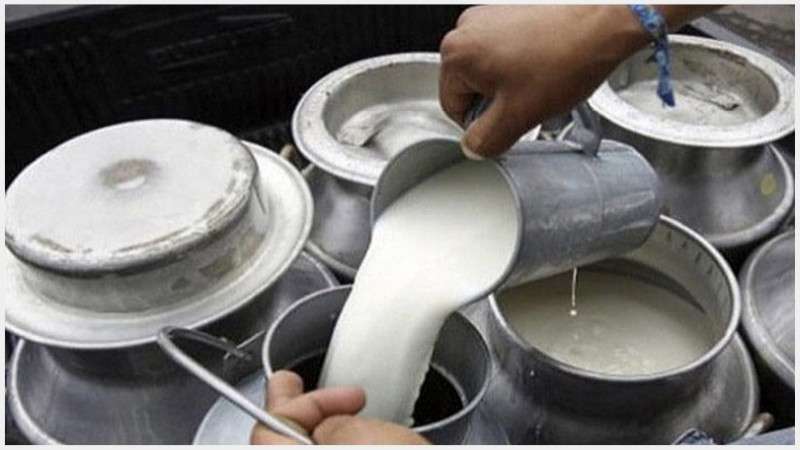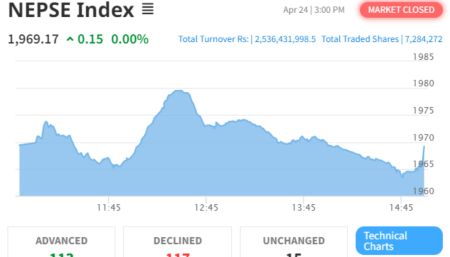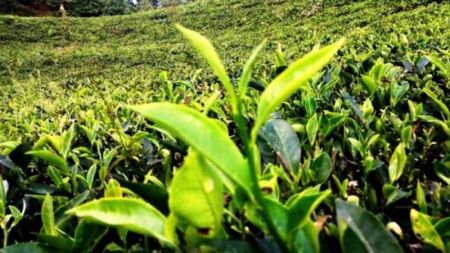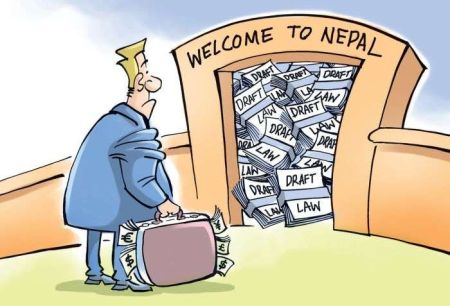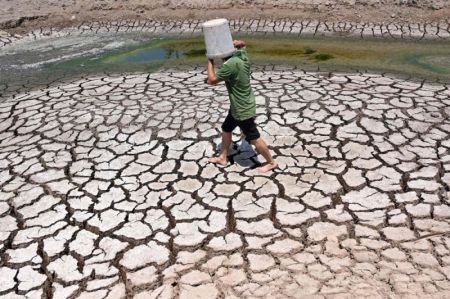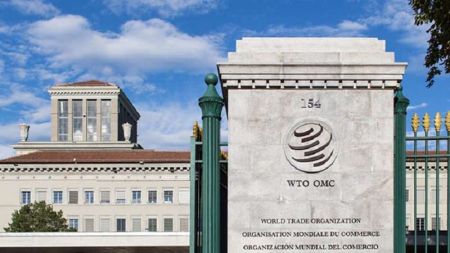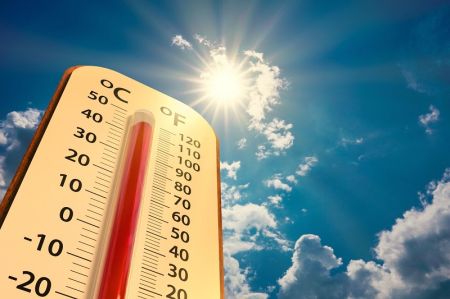July 14: Though the government has relaxed prohibitory orders imposed to contain the spread of coronavirus, dairy industries say that the consumption of milk and dairy products is yet to pick up.
According to estimates provided by Dairy Industries Association, consumption of milk and dairy product is only 65 percent of the pre-prohibitory period.
According to the Dairy Industries Association, DDC, Dairy Industries Association and Nepal Dairy Association used to supply 300,000 liters of milk in Kathmandu Valley on a daily basis during the prohibitory period. The supply has increased to 350,000 liters a day after the recent relaxation of the prohibitory orders compared to 700,000 liters per day compared to 7000,000 liters per day before the prohibitory orders were imposed by local administrations in Kathmandu Valley on April 29.
Leaders of dairy industries’ associations blame closure of hotels, restaurants and party palaces for the lower consumption of milk and dairy products in the market.
Though some restaurants and hotels provide takeaway services after the relaxation of prohibitory orders, many are still closed or yet to operate to provide catering or table services.
While the demand for milk used to be 300,000 liters per day in hotels, restaurants and schools alone, the consumption in these sectors have now fallen to zero, said Raj Kumar Dahal, president of the Dairy Industries Association.
The market for milk and dairy products is one of the most affected markets by the pandemic. As the pandemic has disrupted the market, dairies and dairy industries across the country have stockpiled powdered milk and butter worth Rs 3 billion. As demands have plummeted, dairy industries are converting their surplus milk into powdered milk and butter.
The industrialists and businessmen opted to make milk powder and butter to prevent wastage of the milk due to the fall in the demand.
Fears about the possible third wave of coronavirus have further affected the market and worried us, said Prahlad Dahal, Nepal Dairy Association’s President.


